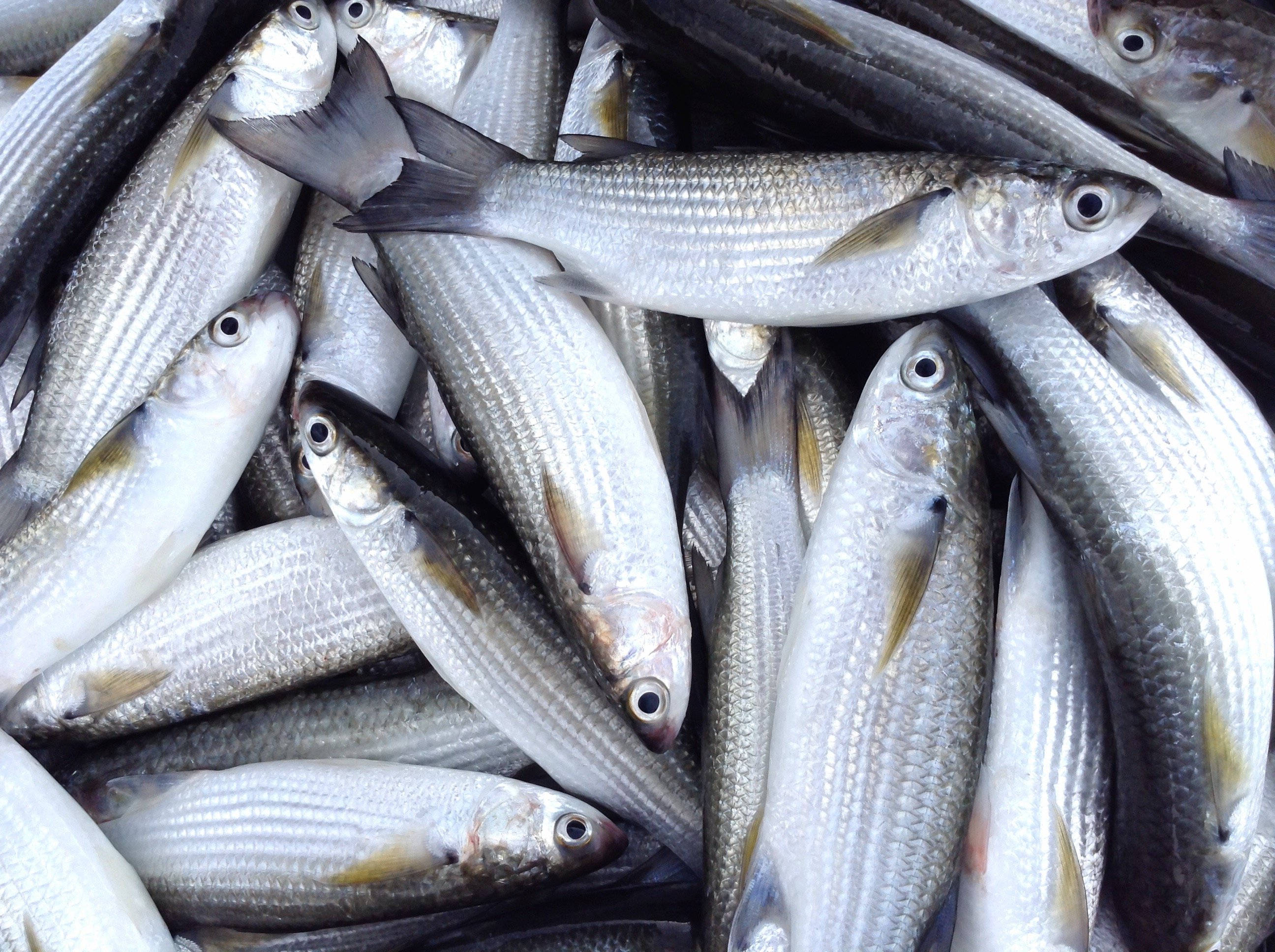This and the last time making my frozen food I have opted for wild caught shrimp, scallops, and oysters. It was in the process of spending twice as much on jumbo diver scallops and wild shrimp I wondered why.
So the question: is there a substantial benefit to wild (or farmed in India for that matter) over the other? Or do I save the money next time?
So the question: is there a substantial benefit to wild (or farmed in India for that matter) over the other? Or do I save the money next time?
















